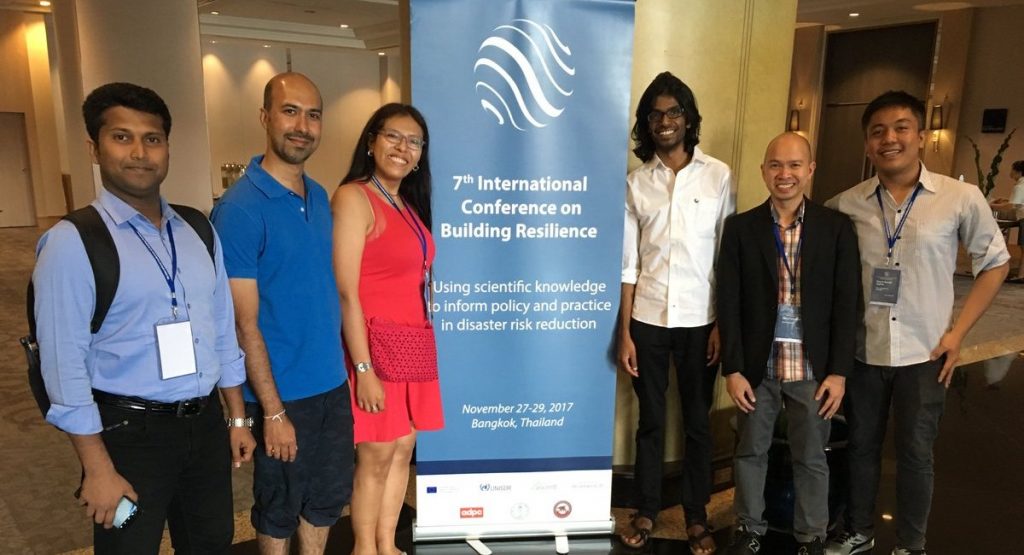Deadline: February 28, 2018
Young researchers are invited to apply for IRDR Young Scientists Programme. The Sendai Framework for Disaster Risk Reduction (SFDRR) calls for enhanced role of science and technology for evidence based decision-making. It also urges the need for innovation and partnership, which is linked to practise and diverse stakeholders. The IRDI Programme aims to promote capacity building of young professionals, and encourage them to undertake innovative and needs based research which makes science-policy and science-practice linkages stronger.
Integrated Research on Disaster Risk (IRDR), with its mandate for integrated and trans-disciplinary research, would like to promote capacity building of young professionals, and encourage them to undertake innovative and needs based research which makes science-policy and science-practice linkages stronger. Integrated Research on Disaster Risk (IRDR) – seeks to address the challenges posed by natural and human-induced environmental hazards.
Objectives
- Increase awareness among young scientists about Sendai Framework implementation and provide opportunities for further engagement through the Young Scientists Program on DRR.
- Collate existing research knowledge on DRR and identify research gaps and priorities in relation to the Sendai Framework Priorities for Action
- Identify opportunities to fund continued multi-disciplinary research by young scientists and early career researchers
- Provide technical support to promising young researchers in DRR fields
- Build and foster strong and dynamic networks among worldwide experts and institutions in DRR fields
- Develop, over time, a community of high-quality young professionals that can provide support for policy making decisions related to DRR
Responsibility of IRDR Young Scientists
- Contribute to innovative research in the field of disaster risk reduction
- Be the ambassador of IRDR in different conferences and/or social media
- Develop and contribute to networking of young professionals
- Submit a 6-month report of activities in the prescribed format of IRDR
- Acknowledge the contribution of IRDR in the academic paper, thesis etc.
Benefits
Once selected, as fellow can be an “IRDR Young Scientist” for a period of maximum three years. The fellow will receive the following benefits:
- Link to IRDR network of professionals and practitioners
- Access to IRDR Scientific Committee (SC) for academic support / advice
- Participation in IRDR related training programs (there would be a different selection process for each of the training program)
- A certificate for IRDR Young Scientist upon successful completion
Eligibility
To be an IRDR Young Scientist, following are the necessary criteria:
- Age: Less than 40 years on the date of application
- Nationality: There is no bar on nationality
- Affiliation: The candidate needs to be affiliated with an academic program (either master or doctorate) either as a student or as a young faculty.
- Research subject: The subject of research needs to be related to disaster risk reduction and its link to broader environment and development issues.
- Endorsement: must be endorsed by academic supervisor (for student) or head of the department /graduate school (for the young faculties).
- Duration: Minimum 1 year, and maximum 3 years. The applicant can make their choice, and the final decision will be made by IRDR.
Application
The applicants should submit the following materials to [email protected] before Feb 28, 2018.
- Application Form
- Detailed Curriculum Vitae
- Detailed Research Plan (10 pages Maximum)
- Recommendation/Endorsement Letter from the Supervisor
- Copy of Student/Faculty ID Card
Download the Young Scientists Programme Application Form
For more information, visit IRDR Young Scientists Programme.

